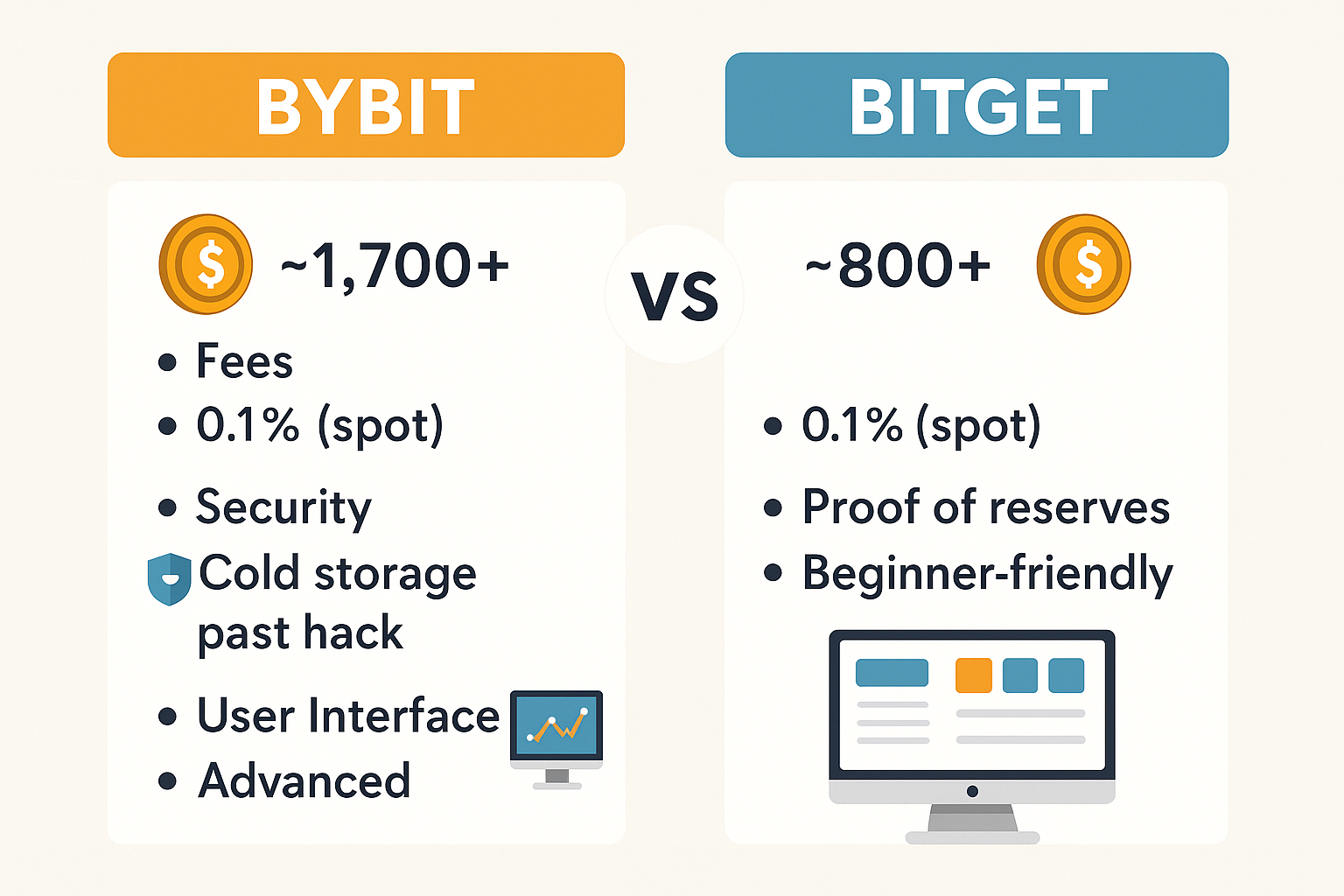Read Time:2 Minute, 23 Second
Introduction
In today’s rapidly evolving digital landscape, professionals in the information systems (IS) field face intense competition and constant demands for skill upgrades. To stay ahead, many consider information systems certification as a career growth catalyst. But is it the answer? This blog explores the benefits, types, and impact of IS certification on career advancement.
The Value of Information Systems Certification
Information systems certification demonstrates expertise and commitment to the field, leading to enhanced career prospects. Employers consider certification when hiring, with 80% of them taking it into account. Additionally, certified professionals earn up to 20% more than their non-certified counterparts, and enjoy improved job security. Certification shows adaptability and dedication, making professionals more attractive to potential employers.
Cybersecurity: A Key Area for Certification
As technology advances, cybersecurity threats escalate. Information systems certification in cybersecurity, such as ethical hacking certification courses, is crucial for protecting sensitive data and systems. It enables professionals to develop proactive security measures and stay updated on the latest threats and countermeasures. Cybersecurity online courses provide the necessary skills to combat these threats.
Types of Information Systems Certification
Information systems certification comes in various forms, catering to different IS roles and specializations. CompTIA Security+ and Certified Information Systems Security Professional (CISSP) are examples of certifications that demonstrate expertise in specific areas. Certified Information Systems Auditor (CISA) is another certification that showcases knowledge in auditing and control.
Career Advancement through Certification
Information systems certification can lead to promotions and leadership roles. It also enables professionals to specialize in high-demand areas like cybersecurity, increasing their credibility and industry recognition. Certification demonstrates a commitment to continuous learning and professional development, making professionals more attractive to potential employers.
The Role of Certification in Bridging the Skills Gap
The IS field faces a significant skills gap. Certification helps bridge this gap by ensuring professionals possess necessary skills and knowledge. It fosters continuous learning and professional development, enabling professionals to stay updated on the latest technologies and trends.
Certification and Career Growth: Real-Life Examples
Numerous professionals have achieved career growth through information systems certification. They have advanced to senior roles, transitioned to specialized fields like cybersecurity, and started successful consulting practices. Certification has enabled them to unlock their full potential and achieve success in their careers.
Also Read : How to Start a Business in Uruguay Step by Step
Overcoming Certification Challenges
While certification offers numerous benefits, it also presents challenges. Professionals must commit time and resources to certification, and stay updated on certification requirements and industry developments. However, the benefits of certification far outweigh the challenges.
Conclusion
Information systems certification is a valuable asset for IS professionals seeking career growth. By understanding the benefits, types, and impact of certification, professionals can make informed decisions and unlock their full potential. Remember, certification is not a one-time achievement, but a continuous process of learning and professional development.





